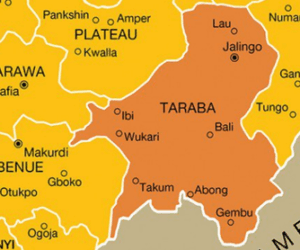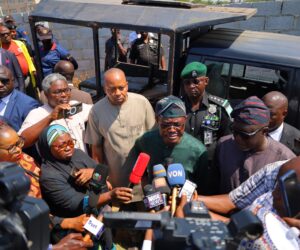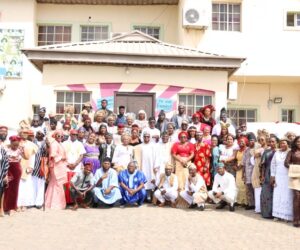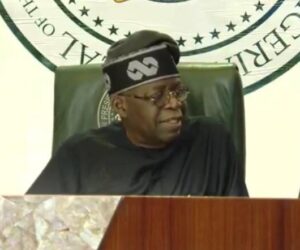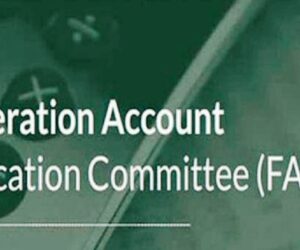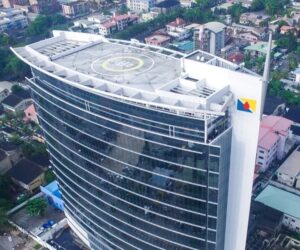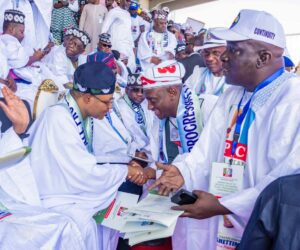The Nigerian government has introduced 26 trade subjects for Federal Science and Technical Colleges (FSTCs) across the country, as part of a sweeping curriculum reform to strengthen technical education and align it with global industry needs.
The move, announced in a Wednesday statement by the spokesperson for the Federal Ministry of Education, Folasade Boriowo, positions the colleges to function fully as technical institutions.
The statement quoted the Minister of Education, Tunji Alausa, as saying the reforms aim to focus on students learning relevant trades to serve industry needs while strengthening Nigeria’s manufacturing, services, and digital economy.
Mr Alausa said the new curriculum will better position Nigerian students to compete in the global economy, ensuring they are gainfully employed and contributing meaningfully to national development.
He explained that the reform is aligned with the government’s target of driving Nigeria’s economy to $1 trillion by 2030.
“The reform is designed to reduce overload, build strong trade competencies, align with global standards, and prepare young Nigerians for the jobs of the future,” the statement said.
“The Ministry assures schools, parents, and students of full support for a smooth transition. A comprehensive list of the new subjects and trade areas has been attached for guidance.”
New Curriculum
Under the reviewed curriculum, the education ministry said each technical college will now offer a minimum of six and maximum of 10 trade subjects.
Students, meanwhile, are to take nine or 10 subjects.
“These include one trade course, five or six general subjects such as Mathematics, English Language, Physics, Chemistry, Biology, and Citizenship and Heritage Studies, two or three trade-related subjects, and one elective,” the statement said.
“The introduction of Citizenship and Heritage Studies, which combines Nigerian History, Civic Education, and Social Studies, will ensure that students are grounded in national values while pursuing technical skills.”
Reviewed Trade Courses
According to the statement, the 26 reviewed trade subject areas have been streamlined and modernised to reflect industry needs.
They include: Brick Laying, Block Laying and Concreting, Painting Decoration and Finishes (Interior Design), Woodwork, Carpentry and Joinery, Welding & Fabrication, Plumbing and Pipe Fitting, Auto-Electrical Wiring, Computer Hardware & GSM Repair and Maintenance, Auto-Mobile Mechanics, Refrigeration & Air-conditioning Works, Beauty Therapy & Cosmetology, Mechanised Agriculture (Mechanics or Operations/ Smart Agriculture), Creative Media (Digital Media Production), Autobody Works, Electronic Systems Maintenance Craft and Catering Craft Practice.
Others are: Furniture Making & Upholstery, Solar PV Installation and Maintenance, Networking & System Security (Satellite TV Antenna installation and maintenance), Fashion Design and Garment making, Social Media Content Creation and Management, Livestock Farming/Animal Husbandry, Tiling & Cladding (Tilling and decorative stonework or Floor cover installation), Fish Farming Activity (Aquaculture), Automobile CNG Conversion and Maintenance, Motorcycle & Tricycle Repairs and Leather Works.
Curriculum Review
PREMIUM TIMES had reported that the government was reviewing 26 courses for the technical colleges.
Speaking during the review, the Executive Secretary of the National Business and Technical Examinations Board (NABTEB), Mohammed Aminu, described the review as a transformative initiative that will reshape the landscape of technical education in Nigeria.
The review began days after the government introduced six trade subjects for secondary schools in the country.
Students in secondary schools are now required to take at least one trade subject throughout the six-year period.
The six trade subjects for secondary schools are: Solar Photovoltaic installation and maintenance, Fashion design and garment making, Livestock farming, Beauty and cosmetology, Computer hardware and GSM repairs, and Horticulture and crop production.






